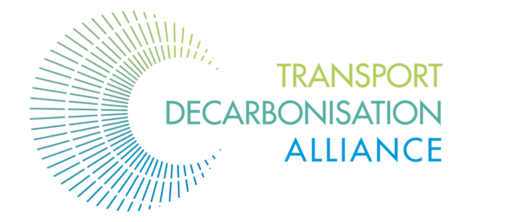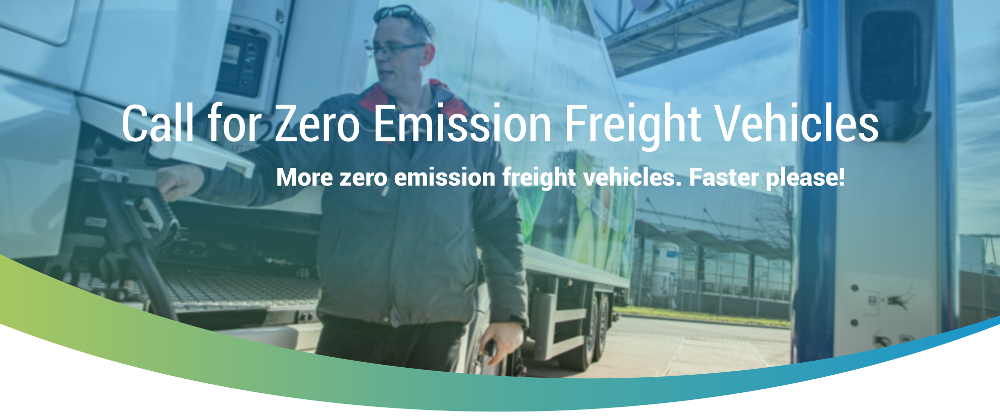
Already 84 organisations have signed the call,
covering 294,628 zero emission freight vehicles.
[logoshowcase cat_id=”16″ dots=”false” arrows=”false” autoplay=”true”
loop=”true” center_mode=”true” image_size=”medium” limit=”90″]
Other languages: Chinese | French | Portuguese | Spanish
We, the undersigned companies, countries and cities are committed to reducing emissions from the freight sector. By stimulating the accelerated production and use of zero emission freight vehicles through collective action, we can improve air quality and contribute to meeting the Paris Climate Agreement targets. A zero emission vehicle doesn’t produce any tailpipe emissions and is, for example, a battery-electric or an hydrogen fuel cell vehicle.
Via this call to action we want to communicate the substantial demand for zero emission freight vehicles to suppliers. Together we can accelerate the transition towards zero emission logistics.
Countries, cities and companies, all over the world are working hard to define their implementation plans for adequate e-charging infrastructure, high-power charging equipment on the electricity grid, hydrogen stations and effective and coordinated approaches to Urban Vehicle Access Regulations (UVAR).
We recognize this transition is phased and starts in urban regions. It has started with transit buses and the next phase is urban delivery and service vehicles. A later stage would be heavy goods movement vehicles, operation within our cities and then connecting our cities. We recognize and appreciate the progress over the past few years in the availability of zero emission freight vehicles. However, the market is still characterized by limited availability and high prices. On the other hand, vehicle suppliers, even if willing to scale up the production, are not yet convinced of sufficient demand.
With this call we, countries, cities and companies, aim to make the demand for zero emission freight vehicles in operation more sizable and visible by:
· Indicating the number of commercial vehicles in our organisation’s fleet that we could replace with zero emission alternatives. Provided that these are cost-effective and meet the requirements of end users.
· Identifying like-minded organisations in our area, including our contractors and goods and services providers, potentially leading to joint procurement opportunities or other solutions for zero emission transport.
Currently, 84 organisations have signed the call, covering 294,628 zero emission freight vehicles in total. Vehicles covered by the TDA Call for Zero Emission Freight Vehicles:
| 208,154 vehicles below 3.5 tonnes | |
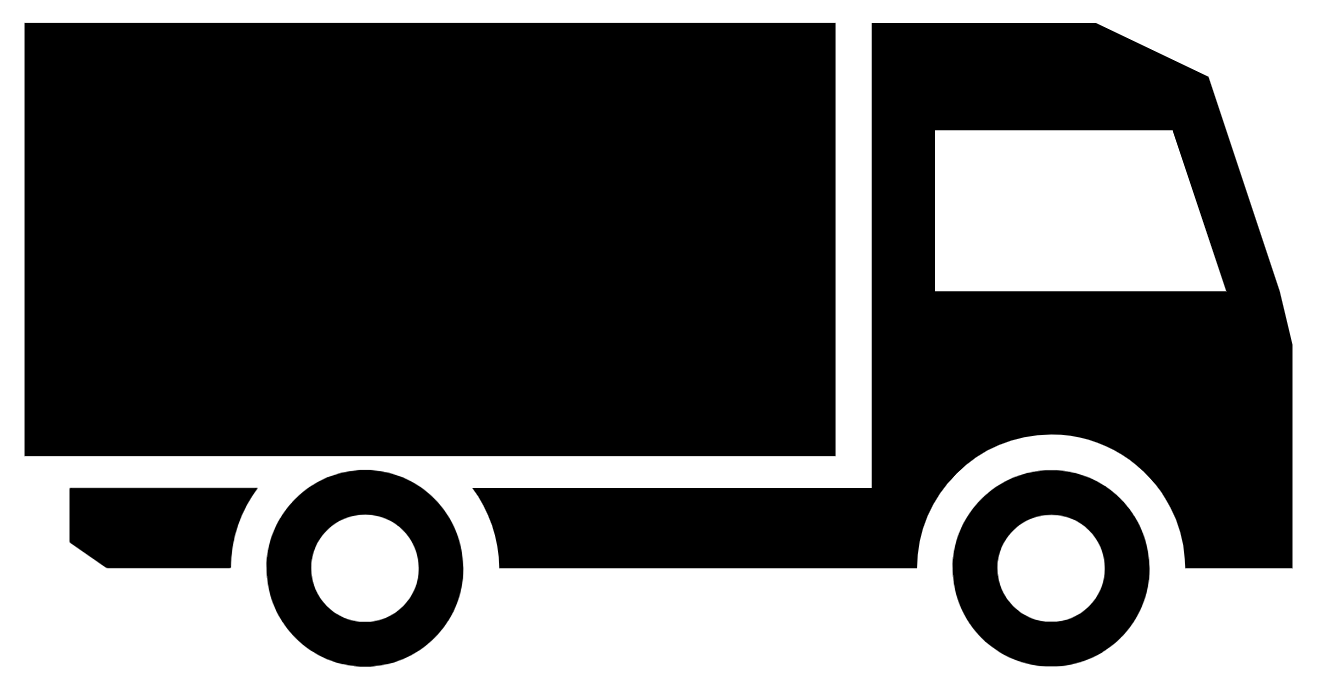 |
35,822 vehicles between 3.5 and 7.5 tonnes |
 |
50,652 vehicles above 7.5 tonnes |
Total of 294,628 freight vehicles |
|
Sign the Call for Zero Emission Freight Vehicles here:
[wpforms id=”553″ title=”false” description=”false”]
____________________________________________
This Call for Zero Emission Freight Vehicles builds on the EU project of FREVUE’s (2013-2017) Declaration of Intent for Electric Freight. It is initiated by the Transport Decarbonisation Alliance and supported by the Polis Network, CALSTART and C40. This call is part of the Action towards Climate-friendly Transport (ACT) initiative, a strong and growing alliance of global actors for sustainable, low-carbon transport, under Component 3: Creating a mass-market for zero-emission freight vehicles.
The Call is also supported by The Climate Group’s EV100 initiative, an international corporate leadership platform that brings together global companies committed to the transition to electric vehicles, who have pledged to walk the talk in their own operations, transitioning their fleets to electric vehicles and installing charging infrastructure at their premises by 2030. Two years after its launch in September 2017, commitments made by EV100 members cover over 160,000 commercial vehicles, of which over 12,000 are already electrified today. See here for a full list of companies involved and read EV100’s annual progress report here.
The Call for Zero Emission Freight Vehicles was launched officially in March 2019. It was signed by the following fleet owners:
 |
 |
|
 |
 |
|
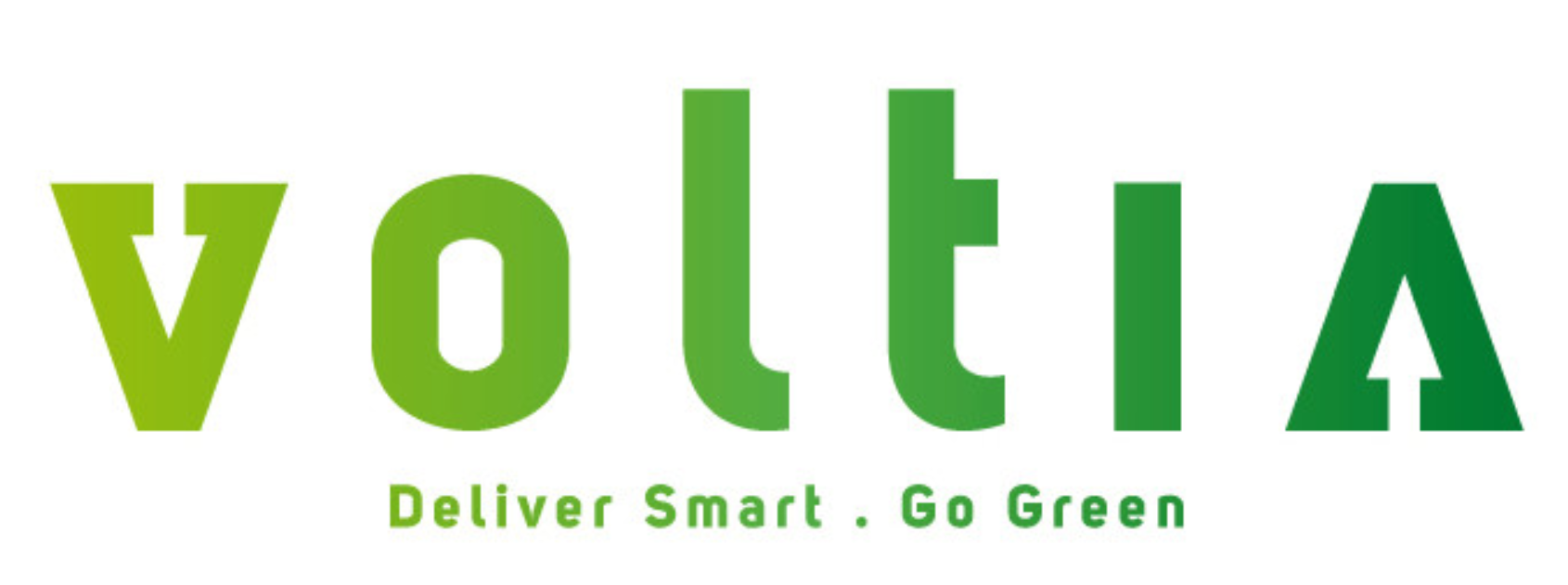 |
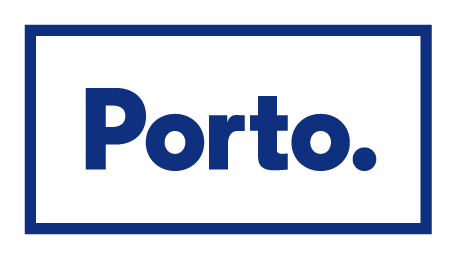 |
|
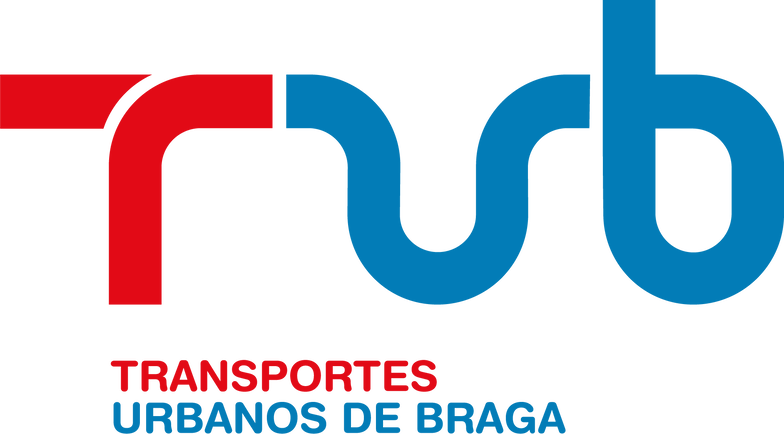 |
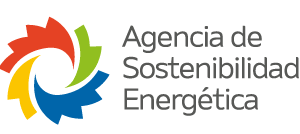 |
|
 |
 |
|
 |
||
 |
 |
|
 |
||
 |
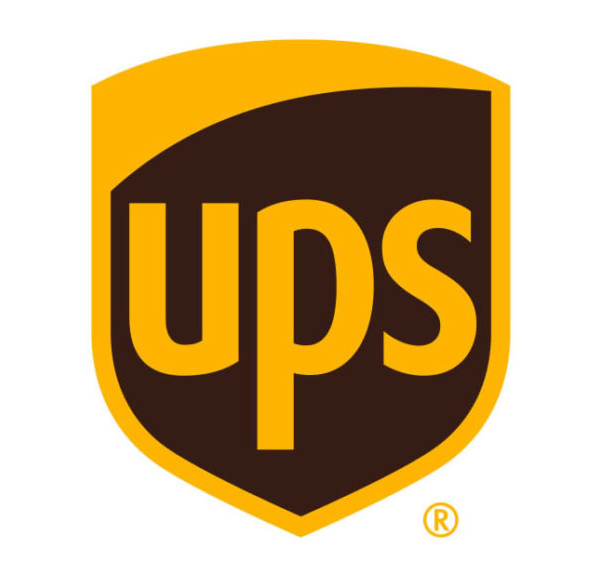 |
|
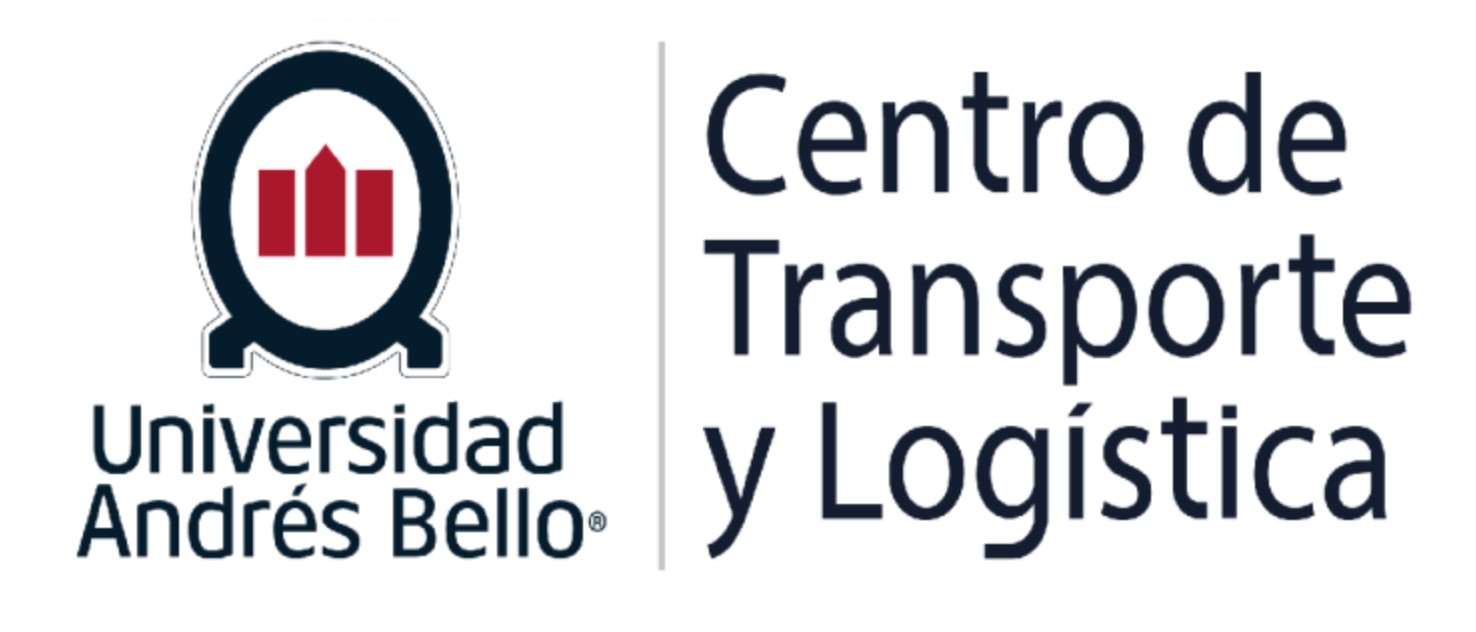 |
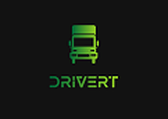 |
|
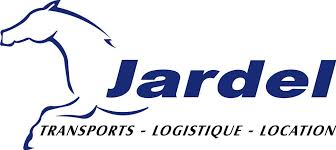 |
 |
|
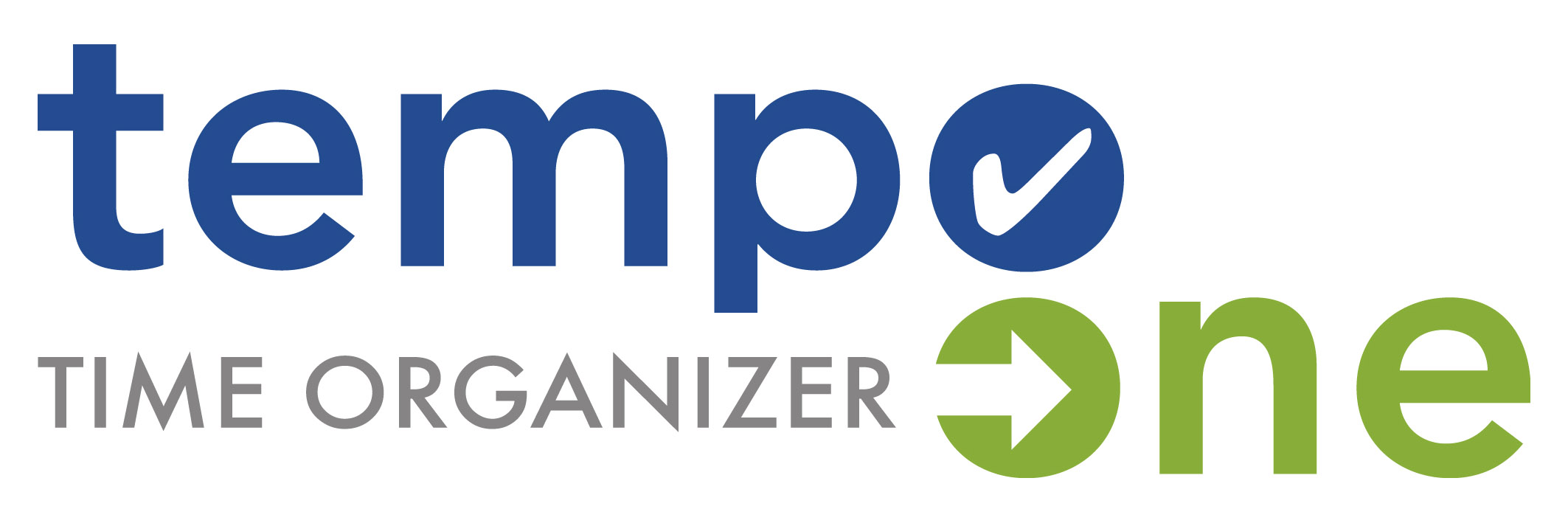 |
||
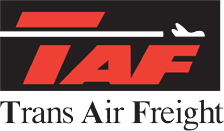 |
 |
|
 |
 |
|
 |
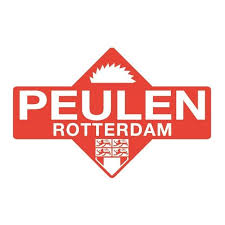 |
|
 |
||
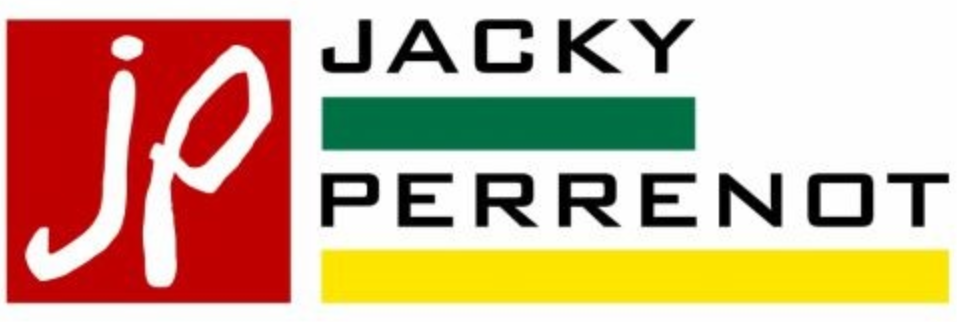 |
 |
|
 |
||
 |
 |
|
 |
 |
|
 |
It was signed by the following supporting organizations:
 |
 |
 |
 |
 |
 |
 |
|
 |
|
 |
|
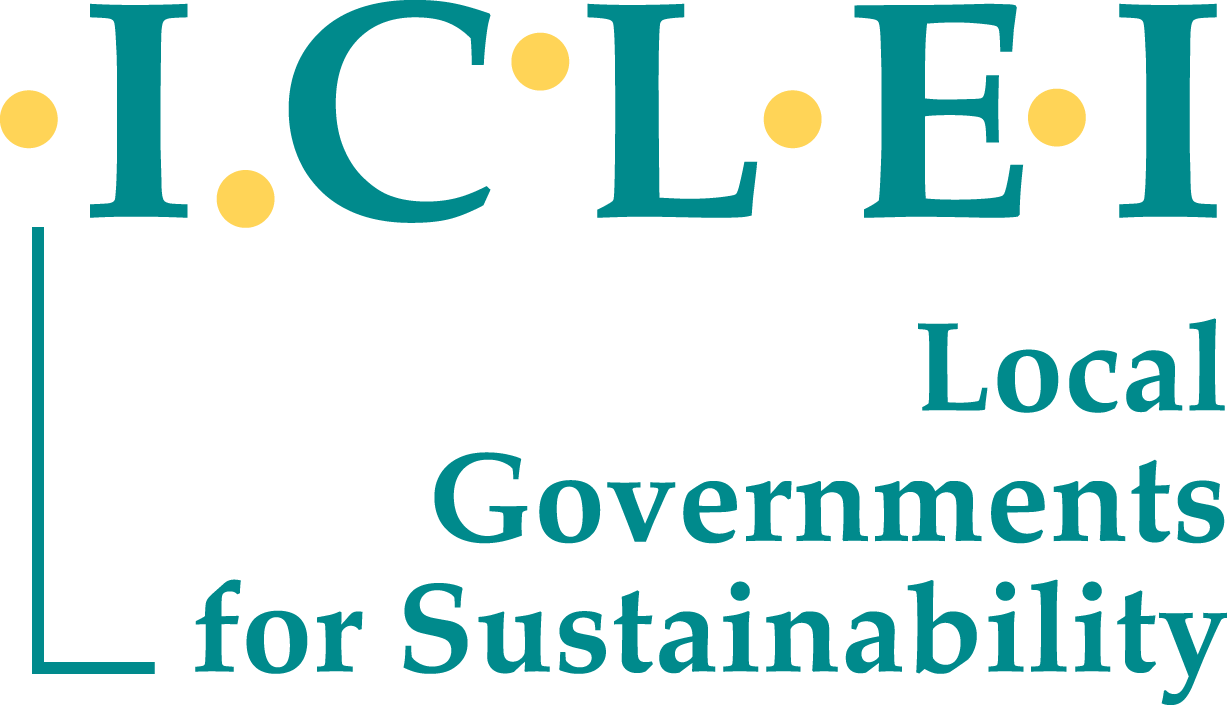 |
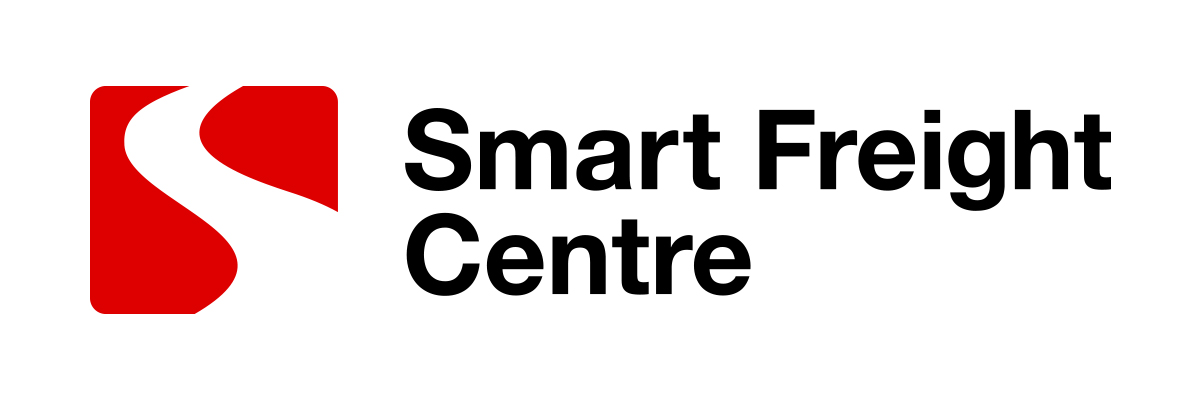 |
 |
 |
 |
 |
 |
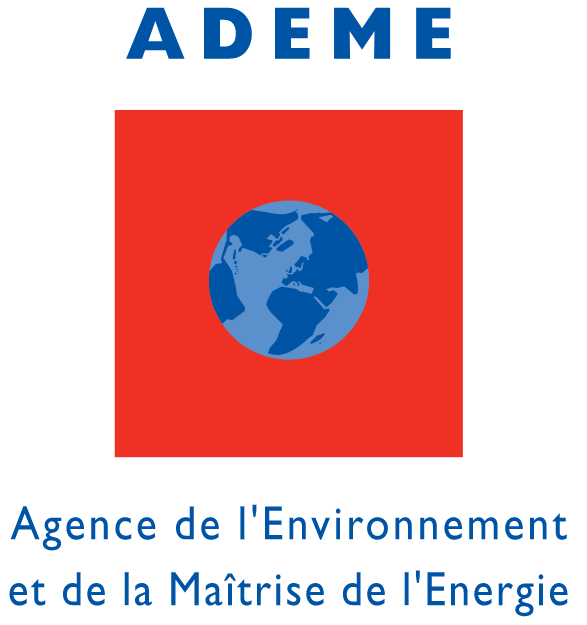 |
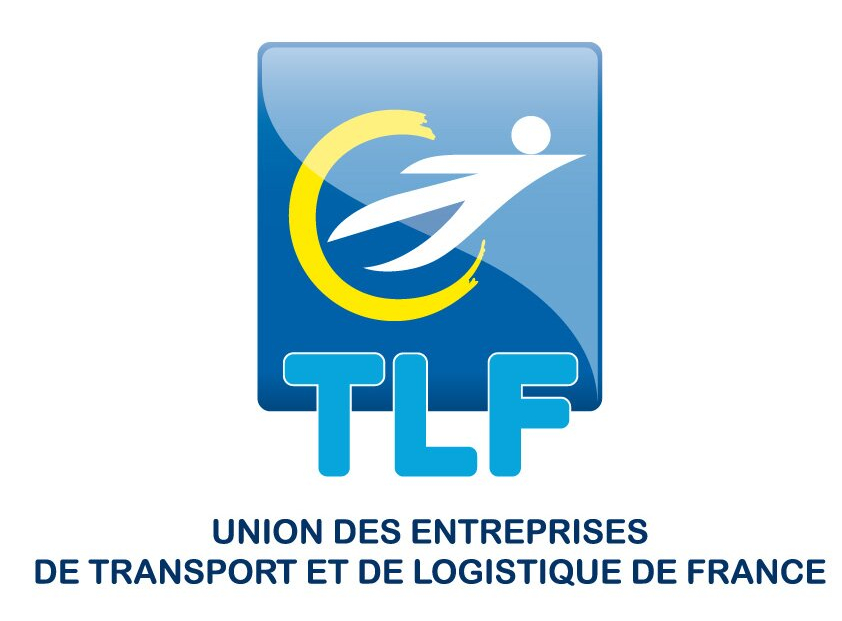 |
Sustainalyst |
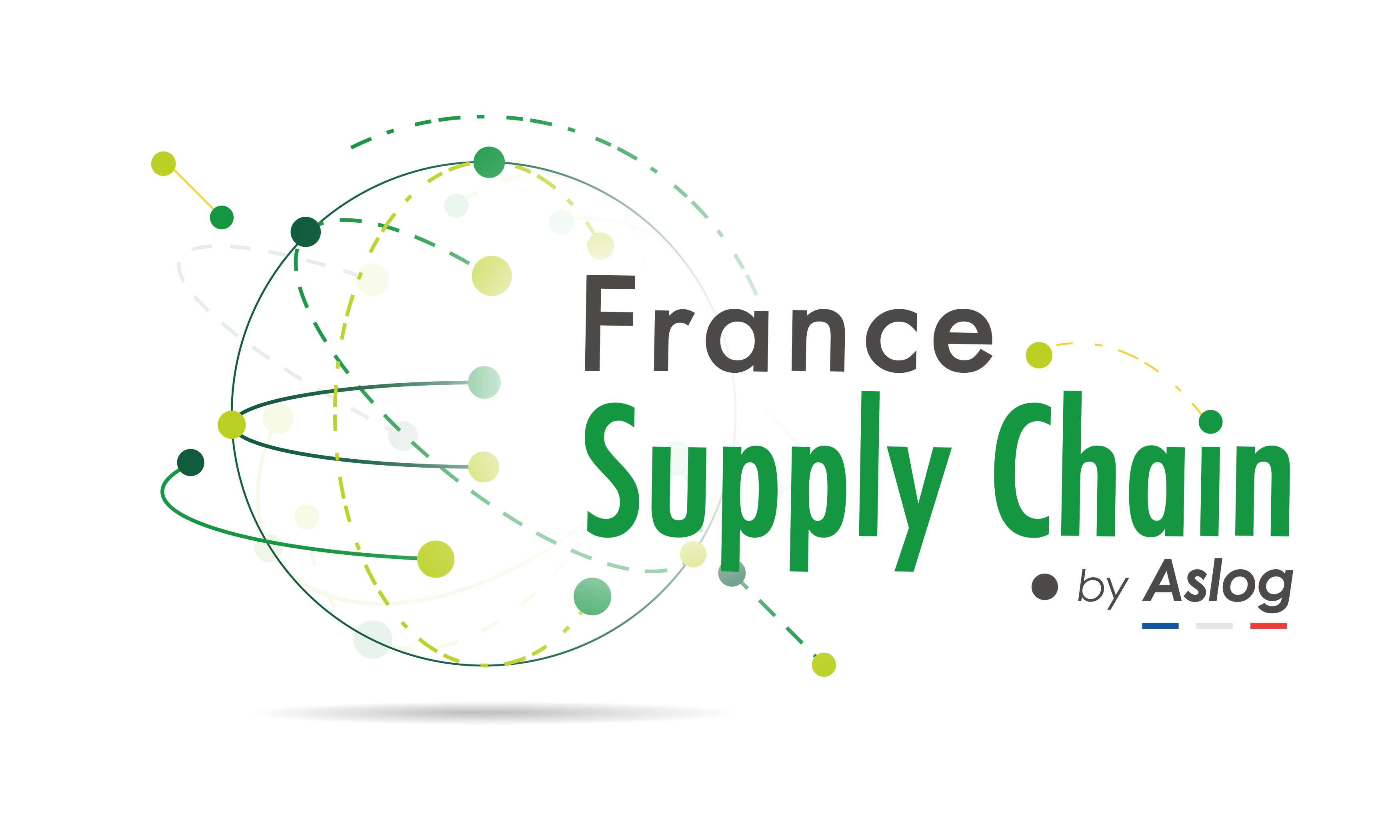 |
 |
| Centre for Sustainability & Social Innovation | 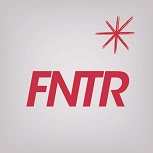 |
 |
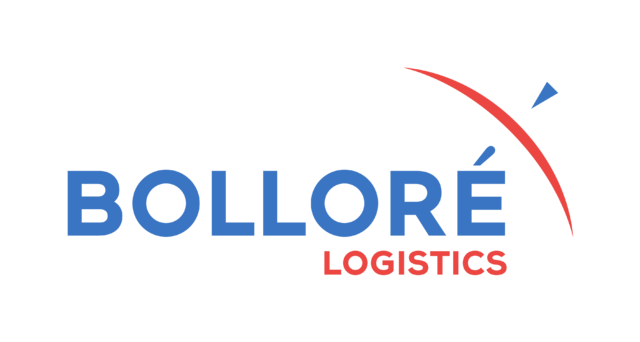 |
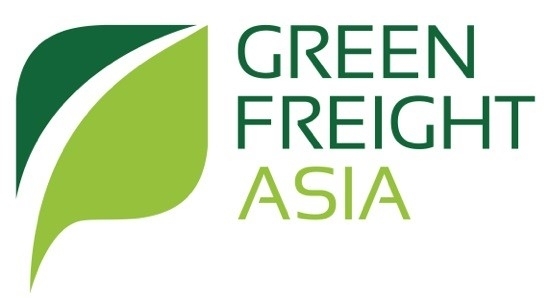 |
|
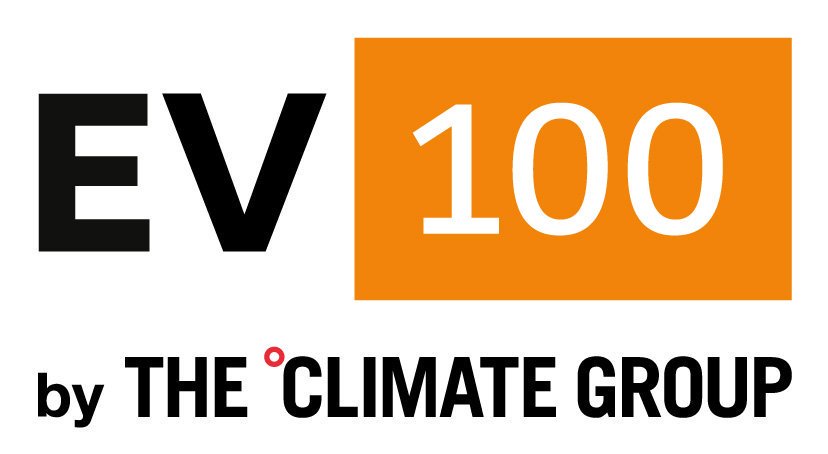 |
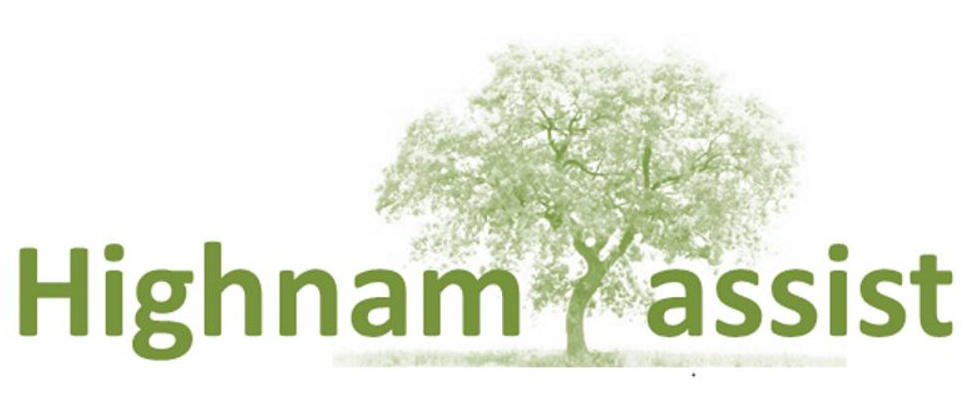 |
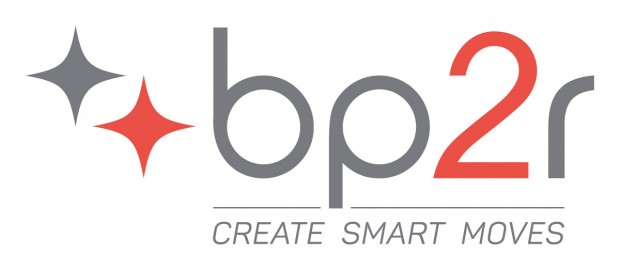 |
 |
 |
 |
For more information please visit the page of the Community of Interest on urban freight, the frequently asked questions or contact tdasecretariat@tda-mobility.org.
